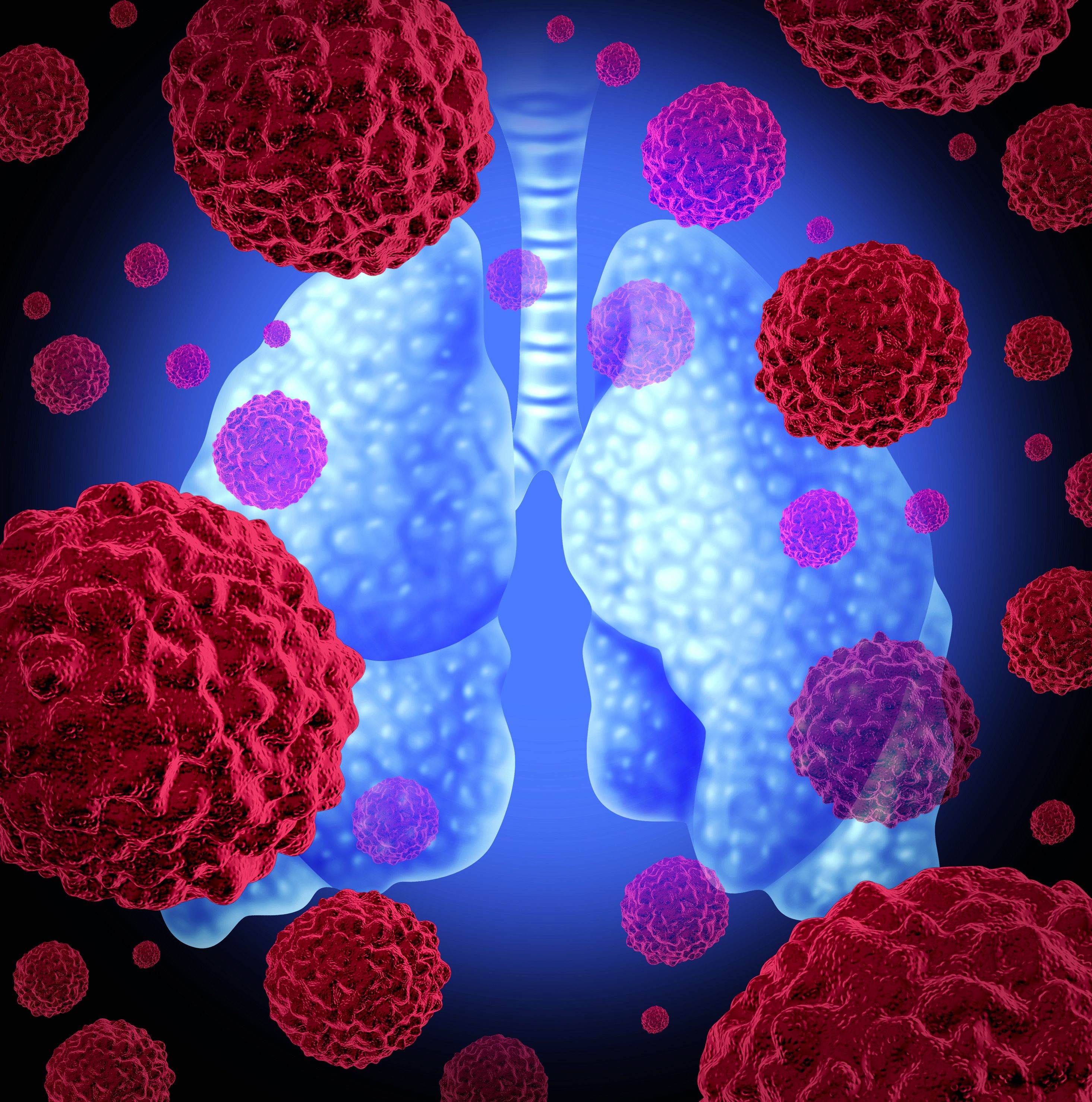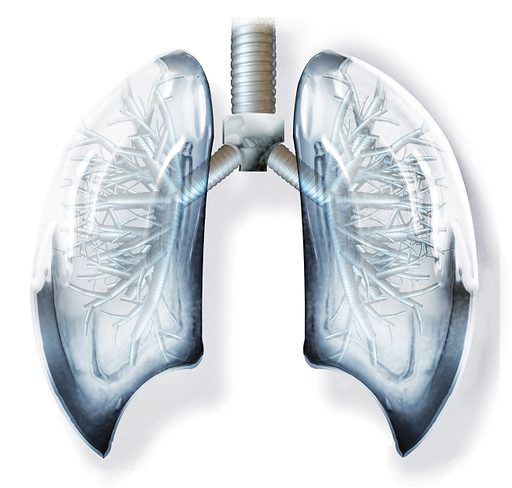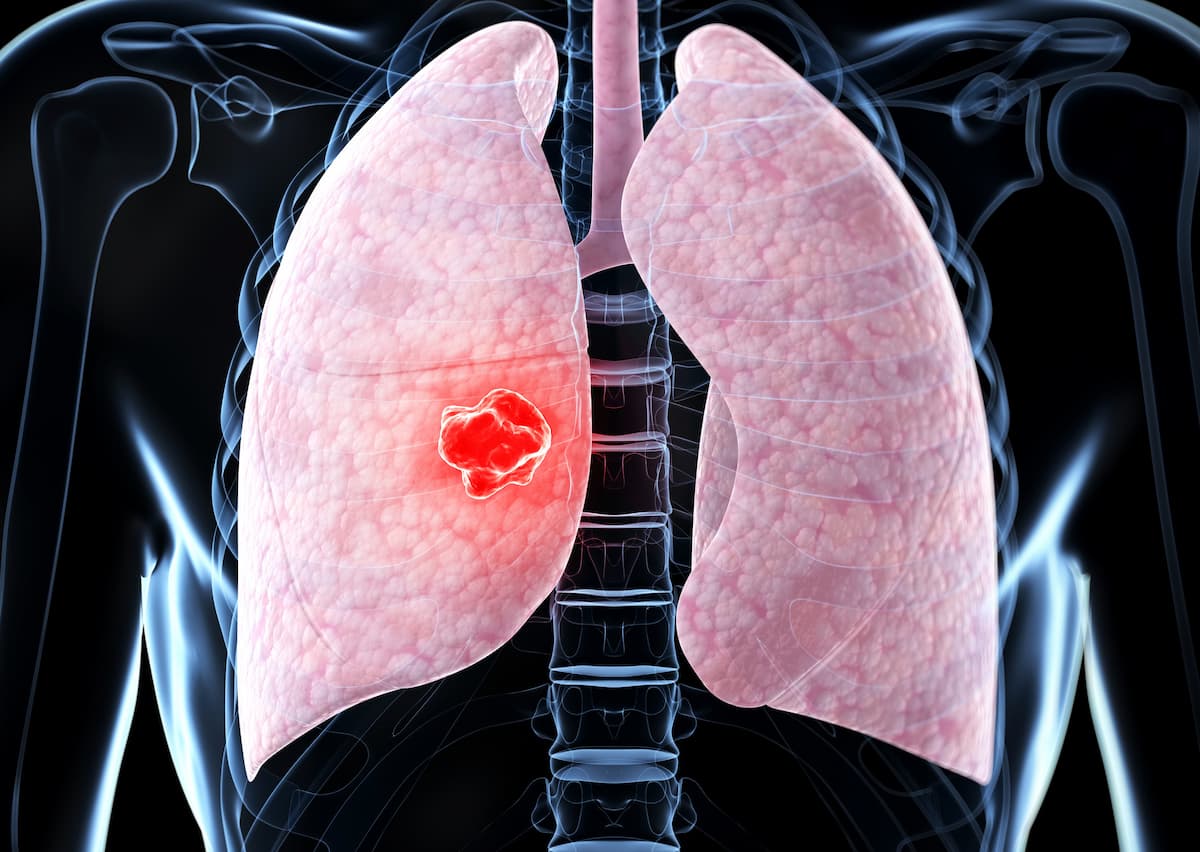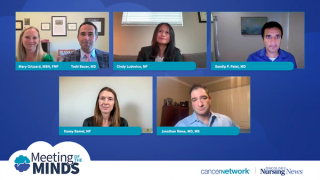
Non-Small Cell Lung Cancer (NSCLC)
Latest News
Latest Videos

CME Content
More News

Future work may focus on determining strategies for protecting the health of patients who undergo surgery during climate disasters.

Leticia Nogueira, PhD, MPH, highlights how facilities exposed to wildfires tend to have longer lengths of stay for patients undergoing surgery for NSCLC.

CAN-2409 plus valacyclovir or acyclovir elicited a median OS of 24.5 months in the overall population of patients who progressed after immune checkpoint inhibitor therapy.

A study assessed whether physicians would keep patients who received NSCLC surgery in the hospital longer as an improvisational strategy after wildfires.

In the phase 2 EMBRACE trial, ensartinib demonstrated an ORR of 53.3%, a DCR of 86.7%, and a tumor shrinkage rate of 33.3% in patients with METex14-positive NSCLC.

In patients who were pretreated and treatment naïve with RET fusion-positive NSCLC, selpercatinib yielded an ORR of 61.5% and 82.6%, respectively.

Future work may need to assess whether extended hospital stays improve surgical care outcomes during disasters, according to one of the study authors.

Retrospective data may offer actionable guidance for clinicians treating patients with non–small cell lung cancer and brain metastases.

Use of Deep-IO may help refine treatment precision and identify patients with advanced NSCLC who are likely to benefit from immune checkpoint inhibitors.

Multidisciplinary approaches, RNA-based next-generation sequencing, and patient-specific front-line treatment decisions are all important for curating effective NSCLC treatments.

Phase 2 data support further investigation of trastuzumab rezetecan as a treatment for patients with HER2-mutant non–small cell lung cancer.

Ivonescimab demonstrated a broad prolongation of PFS across various prespecified subgroups in patients with treatment-naïve, PD-L1–positive NSCLC.

Results from the phase 3 REZOR trial show a median PFS of 19.3 months with rezivertinib vs 9.6 months with gefitinib in patients with NSCLC.

Dr. Kim shares her insights on new investigational therapies for metastatic ALK+ NSCLC that she's particularly excited about.

Dr. Garon discusses the circumstances that might lead him to switch a patient with ALK+ NSCLC from another ALK inhibitor to lorlatinib.

The observed safety profile of HA121-28 was similar to that of other multi-targeted RET tyrosine kinase inhibitors.

Combining pembrolizumab with pemetrexed met the primary end point of objective response rate in a phase 2 trial.

The survival benefit of dacomitinib was improved in real-world settings for patients with EGFR-mutant NSCLC compared with what the ARCHER 1050 trial shows.

Factors such as World Health Organization status appeared to correlate with early mortality in an elderly non–small cell lung cancer cohort.

Dr. Kim discusses her approach to selecting the next treatment for patients with ALK+ NSCLC who progress on lorlatinib, including the key factors she considers in making this decision.

Dr. Garon explains his approach to choosing between different ALK inhibitors for ALK+ NSCLC, outlining the factors that guide his selection and when he might prefer alectinib, lorlatinib, or brigatinib.

Treatment with mobocertinib produces clinically meaningful delays in time to deterioration among patients enrolled on the phase 3 EXCLAIM-2 trial.
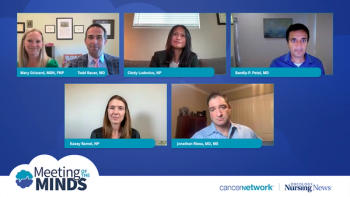
This video segment discusses strategies for patient education and preparation for second-line treatment with RAS GTPase inhibitors, as well as therapeutic options to consider if a patient progresses on adagrasib.

This video segment explores the potential role of KRAS-targeted therapies in the frontline treatment of KRAS-positive metastatic NSCLC, highlighting considerations for specific patient populations and disease characteristics.

This video segment examines strategies for managing adverse events associated with adagrasib, comparing its safety profile to other RAS GTPase inhibitors like sotorasib, and discusses key differences, benefits, and risks that may influence treatment selection or consideration of clinical trials.



